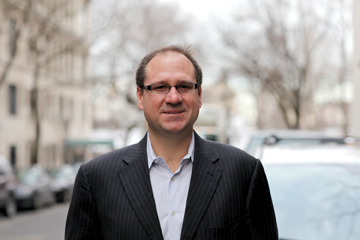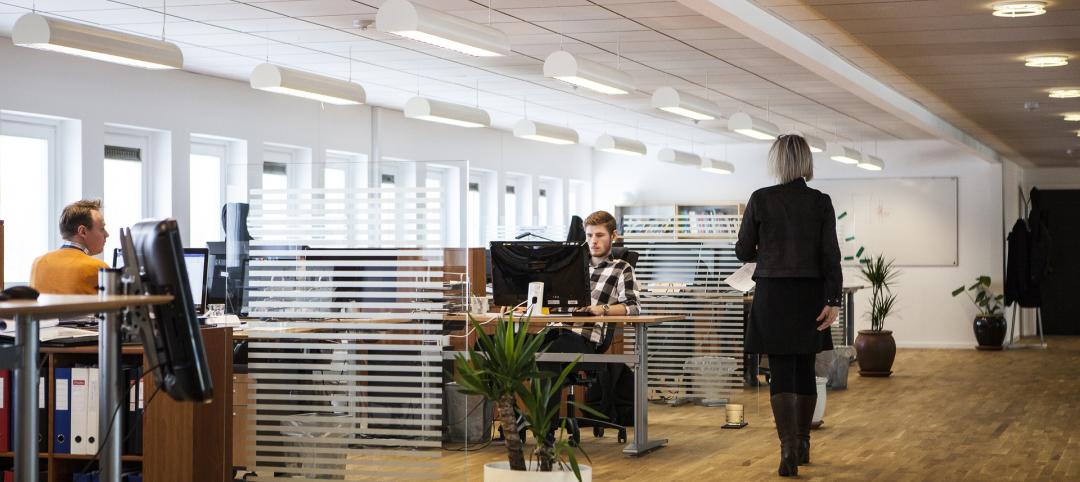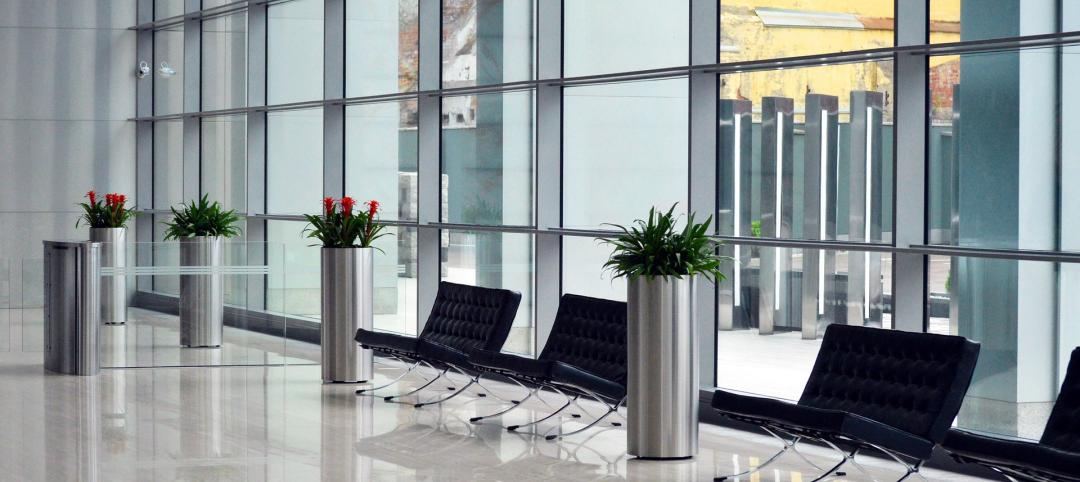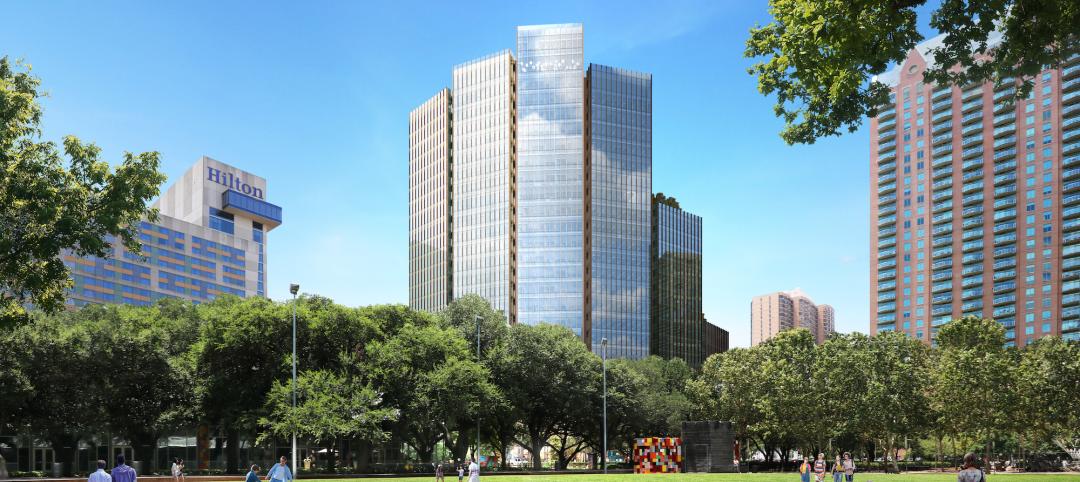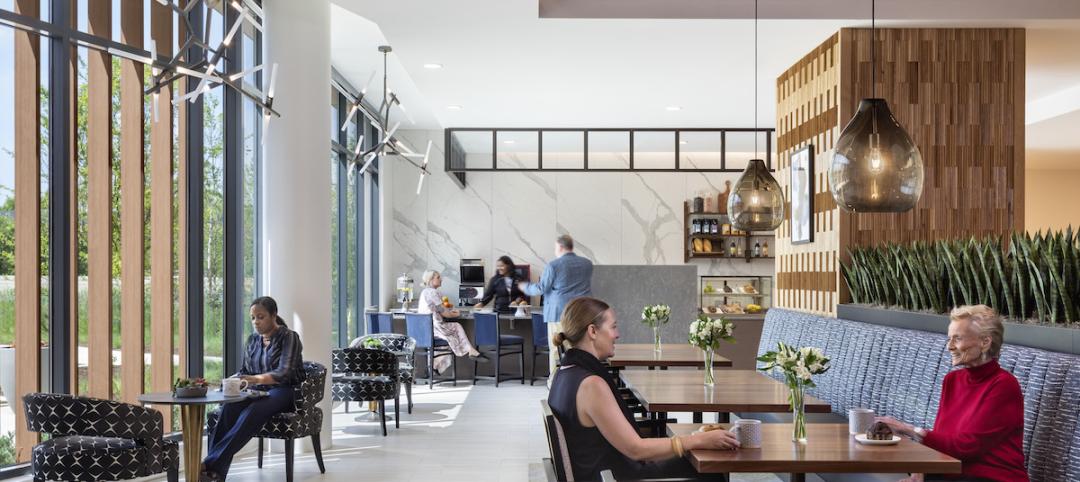BD+C: What are the prospects for the U.S. hotel industry and hotel construction?
Igor Krnajski: In the last couple of years we’ve had a pretty good downturn, of course, but the next five years are looking much better. The industry as a whole is forecasting gains in the 5-7% range. At Denihan, because we’re New York-centric, we were up 11% last year, and we’re forecasting 10% gains for this year. There have been a lot of conversations about how properties have been neglected, and that capital dollars need to be expended.
BD+C: How do you think that will break down between new hotel construction and reconstruction of existing properties?
IK: The initial surge will be in reconstruction, in the upkeep of your own portfolio. Then it will go into the expansion of portfolios, companies taking over existing properties and repositioning them. As for new construction, the financial markets are not fully ready to support new build. They’re looking to minimize risk by investing in properties that have operating cash flow. It’s all about managing risk, and if we as an industry show a couple of years of solid growth, investment in new construction will come back.
Any new hotel construction will be in areas that need an influx of new rooms, underserved areas like Dallas and Houston and Boston, and even Washington, although it is much more difficult to build new there.
BD+C: Any specific geographical growth areas for Denihan?
IK: We’re looking to expand primarily within the U.S., such as in Dallas. We’re very East Coast-centric right now, and we need a balance on the West Coast—places like Los Angeles, Seattle, San Francisco.
BD+C: Howard Wolff, an SVP at hotel designer WATG, has blogged that “bling has blung,” that high-end guests are concerned about ostentation and the appearance of conspicuous consumption in their choice of hotels. Is this a trend?
IK: Our customers are looking for more of a residential environment, rather than just a hotel room. The desire to entertain within their hotel space is much greater, so they want office/living/entertainment within the same space.
It used to be you catered to business class—the fax machine, the big desk—but now it’s a laptop and wi-fi, and a banquette with a table, so the guest can work there and also have dinner right there. And we have to provide solid technology: Internet, lighting and temperature controls, window treatments, AV, and other guest amenity services.
It’s a matter of changing tastes, but “bling” will be back some day. There’s always room in the market for luxury.
BD+C: What about green design and operations?
IK: “Environmentally thoughtful” is the term we’re using. There’s definitely a balance between comfort and environmental awareness that our guests are looking for. They’re much more sophisticated these days. Guests want to feel that they’re doing the “green” things that they may be doing at home, like recycling and saving energy, but in a hotel environment, they want the luxury of being a little bit naughty—taking a long shower, for example.
We’re constantly doing light bulb audits, installing dual-flush toilets and showerheads with internal flow constrictors, and in-house recycling. We’re looking at LEED aspects for our projects, but getting LEED accreditation for buildings in New York City is not easy. There’s a fine line between conservation and the guest experience but I do think the industry is listening.
BD+C: Are you commissioning your properties?
IK: We do commissioning. We think it’s better to be preemptive than to wait for equipment and systems to become a problem. As for metrics, in a hotel environment, it’s a very difficult calculation, because it’s affected by the use of the rooms, and it’s very seasonal, but we know we have saved year over year as a result of commissioning.
BD+C: As SVP of Design and Construction for a luxury hotelier, what advice do you have for AEC firms that want to do business with firms like yours?
IK: Our biggest ongoing issue with AEC firms is that they’re not always thinking in terms of the hotel operator’s mindset. There are many operational aspects that are exclusive to hotel design. We’re hiring them to give us good ideas, but if they understood our operations better, that would make the working relationship much smoother.
I’ve seen situations where the designers grossly underestimated the size of the staff, with the result that they followed code requirements but designed in only one shower for the male staff’s locker room. We as owners and operators have an obligation to educate our design teams, but designers should know better than to make mistakes like that.
BD+C: What, in your professional role, keeps you up at night?
IK: Our guests are more social media-minded, and that is putting pressure on us to keep up with them. The feedback is plentiful and immediate, and expectations are higher than ever. Yet you can’t be constantly changing things. How do we evaluate their input quickly, because by the time you get there, there’s a new trend? How do you respond? How do we filter this fantastic information from our customers and implement it? You’ll miss the boat if you don’t.
Related Stories
Sustainability | Aug 15, 2023
Carbon management platform offers free carbon emissions assessment for NYC buildings
nZero, developer of a real-time carbon accounting and management platform, is offering free carbon emissions assessments for buildings in New York City. The offer is intended to help building owners prepare for the city’s upcoming Local Law 97 reporting requirements and compliance. This law will soon assess monetary fines for buildings with emissions that are in non-compliance.
Office Buildings | Aug 15, 2023
Amount of office space in U.S. is declining for the first time, says JLL
In what is likely a historic first, the amount of office space in the U.S. is forecast to decline in 2023, according to Jones Lang LaSalle. This would be the first net decline according to data going back to 2000, JLL says, and it’s likely the first decline ever.
Fire-Rated Products | Aug 14, 2023
Free download: Fire-rated glazing 101 technical guide from the National Glass Association
The National Glass Association (NGA) is pleased to announce the publication of a new technical resource, Fire-Rated Glazing 101. This five-page document addresses how to incorporate fire-rated glazing systems in a manner that not only provides protection to building occupants from fire, but also considers other design goals, such as daylight, privacy and security.
Office Buildings | Aug 14, 2023
The programmatic evolution of the lobby
Ian Reves, Managing Director for IA's Atlanta studio, shares how design can shape a lobby into an office mainstay.
Contractors | Aug 14, 2023
Fast-tracking construction projects offers both risk and reward
Understanding both the rewards and risk of fast-tracking a project can help owners, architects, engineers, and contractors maximize the benefits of this strategy and can bring great reward on all fronts when managed properly.
MFPRO+ New Projects | Aug 10, 2023
Atlanta’s Old Fourth Ward gets a 21-story, 162-unit multifamily residential building
East of downtown Atlanta, a new residential building called Signal House will provide the city with 162 units ranging from one to three bedrooms. Located on the Atlanta BeltLine, a former railway corridor, the 21-story building is part of the latest phase of Ponce City Market, a onetime Sears building and now a mixed-use complex.
Office Buildings | Aug 10, 2023
Bjarke Ingels Group and Skanska to deliver 1550 on the Green, one of the most sustainable buildings in Texas
In downtown Houston, Skanska USA’s 1550 on the Green, a 28-story, 375,000-sf office tower, aims to be one of Texas’ most sustainable buildings. The $225 million project has deployed various sustainable building materials, such as less carbon-intensive cement, to target 60% reduced embodied carbon.
Healthcare Facilities | Aug 10, 2023
The present and future of crisis mental health design
BWBR principal Melanie Baumhover sat down with the firm’s behavioral and mental health designers to talk about how intentional design can play a role in combatting the crisis.
Architects | Aug 10, 2023
Hoffmann Architects + Engineers awards first Diversity Advancement Scholarship to Reeja Shrestha of Howard University
Now in its inaugural year, the Hoffmann Scholarship was established in collaboration with the Connecticut Architecture Foundation (CAF) to support students from underrepresented racial or ethnic groups who are seeking degrees in architecture or engineering.
Senior Living Design | Aug 7, 2023
Putting 9 senior living market trends into perspective
Brad Perkins, FAIA, a veteran of more than four decades in the planning and design of senior living communities, looks at where the market is heading in the immediate future.


